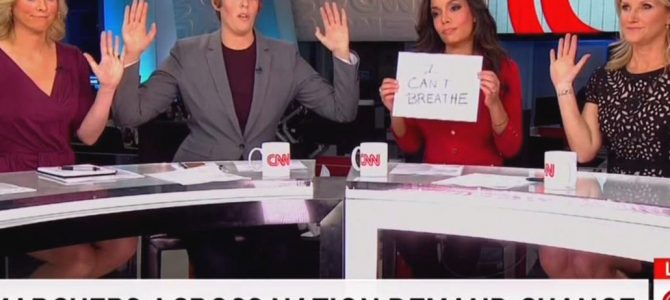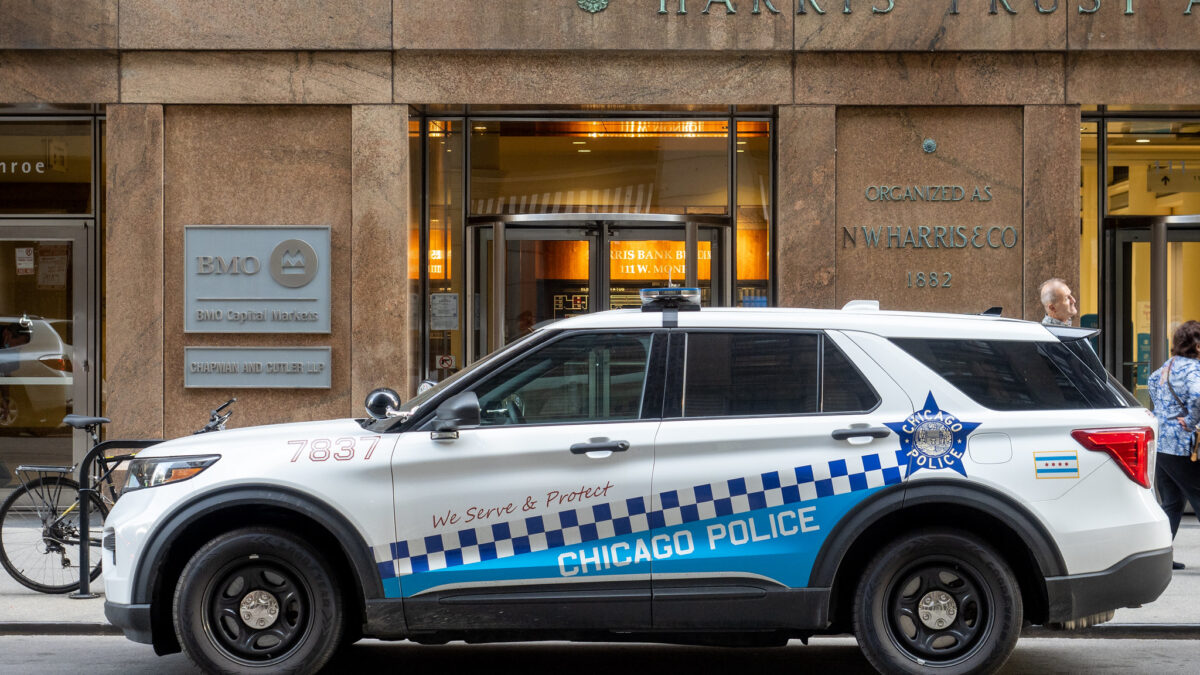
No one ever loses an election in America anymore. It’s always some nefarious, shrouded force that’s destabilizing democracy that’s at fault. Now that Democrats have sort of moved on from blaming the Electoral College and James Comey and the Russians, they’re absolutely convinced that “fake news” turned the election against Hillary Clinton (although it’s still a mystery why they lost more than 1,000 other seats since Obamacare was passed).
Of course the Internet is teeming with bogus news. That’s nothing new. Even the smartest people fall for fake stories sometimes. It’s a problem. And of course thinking about how social media affects our democratic institutions is legitimate. But considering how often voters use news — fake or real — to reinforce their pre-existing worldviews, I’m skeptical anyone can quantify how much misinformation matters, or if it matters at all.
Moreover, there’s no effective way curate news content in a democratic environment like the Internet or social media. Nor should we try. While the Left is always keen on controlling the flow of news—overturning Citizens United or passing a Fairness Doctrine or handing control of the Internet to the government — we don’t need gatekeepers. Sorry, I don’t trust that people who defended “fake but accurate” stories or put quotations marks around “religious freedom” should be dictating what’s worth talking about or what’s fake.
It’s not simply that many people have cause to distrust most of the media because coverage can be biased and unreliable, but it’s that professional factcheckers and journalists regularly attempt to negate authentic stories by treating them as fake news, from Planned Parenthood’s selling of body parts to Clinton’s email scandal.
That study supposedly showing “Fake News Beat Real News” in the last months of 2016 election–it shows no such thing https://t.co/nxFcFbpMDU
— Tim Carney (@TPCarney) November 17, 2016
Case in point: An assistant professor at Merrimack College in Massachusetts recently created a list of “fake news” websites she claimed push fabricated stories. Her findings, widely disseminated by media types, aligned perfectly with the idea liberals have coalesced around since Hillary’s lose. Among the fake sites on the list were Breitbart, Independent Journal Review, and The Blaze. If those sites are bogus, so are Vox, The Huffington Post, and Daily Kos. Vox, under the guise of unbiased explanatory journalism, gets so many things wrong so often that it has probably misled hundreds of thousands if not millions of people. Those responsible for Vox fictions aren’t held culpable; they go work at The New York Times.
Speaking of which: it’s worth remembering that sophisticated-but-misleading stories from the establishment media are probably just as harmful as fake news stories.
I mean, even the coverage of fake news is “fake.” Paul Horner, the creator of many hoaxes on Facebook, claims he was the reason Trump won the 2016 presidential election. His contention is now carried by news outlets everywhere (1, 2, 3, 4, 5, 6, 7, and so on). The story is its own kind of fake news because there’s absolutely no evidence to back up Horner’s claims that he had any effect on the outcome of the presidential election. He is only important because his story confirms the professional Left’s notions about Trump voters.
Humans tend to gravitate to news that confirms their preconceived notions about the world. Journalists are humans. The entire “hands up, don’t shoot” movement was built around fake news fueled by factions in the media. Almost immediately after the Hillary defeat, journalists started churning stories about violence against minorities, most of them based on nothing more than allegations. Without the least bit of skepticism, many in the media convinced their readers that brownshirts had been unleashed on the general public. A bunch of these stories have already turned out to be fake, including one by a Muslim student at the University of Louisiana who claimed her hijab was ripped off. That incident was retweeted by scores of high-profile liberals. This is as good as fake news.
Everyone can agree fake news is bad, but the problems with real news are more consequential — but more contested and harder to talk about.
— Ezra Klein (@ezraklein) November 17, 2016
Here’s a journalist from Colorado I ran across who ventured out into the world specifically to confirm his bias by finding victims and reporting on them without any scrutiny. In this Daily Beast piece, John McWhorter captured the inclination of contemporary journalists to rely on poetic truths rather than fact:
To many, the Columbia Journalism School report on Rolling Stone’s account of an alleged University of Virginia rape case will seem to be a story about media addicted to seeking sensationalism over accuracy. But the whole sordid affair has been about something much larger: the idea that the pursuit of justice can be separated from facts; that metaphorical truth can be more important than literal truth.
When The New York Times (and numerous other publications) runs headlines like “1 in 4 Women Experience Sex Assault on Campus” without the appropriate skepticism, they disseminate fake news. Since the study came out, I’ve seen that number thrown around endlessly by the Left—including the president — as if it were indisputable fact, even though it has been repeatedly and effectively debunked. If liberals actually believe that a fourth of all women are going to be assaulted in college, it’s easier to understand why the Rolling Stone UVA mess can happen.
So while I’m no fan of Donald Trump, it was distressing watching the media treat every accusation thrown at him as a fact. Even now. I don’t know how many times I’ve seen Steve Bannon, Trump’s chief strategist, referred to as an anti-Semite. While Breitbart’s coverage was often ugly, I’ve seen no evidence that Bannon is an anti-Semite, other than allegations his wife made during divorce proceedings, which every journalist knows are notoriously unreliable. Has this fact stopped a single liberal from assuming it’s true?
In fact, it’s possible one of the reasons voters are more easily taken in by fake news (and I see no proof that it’s more likely today than it was in the past) is that they have solid reasons not to believe the media. The way media covered the 2016 race, acting as Trump had absolutely no chance of winning, probably reinforces this perception among many Americans. This post-election coverage is not going to change anyone’s mind.









